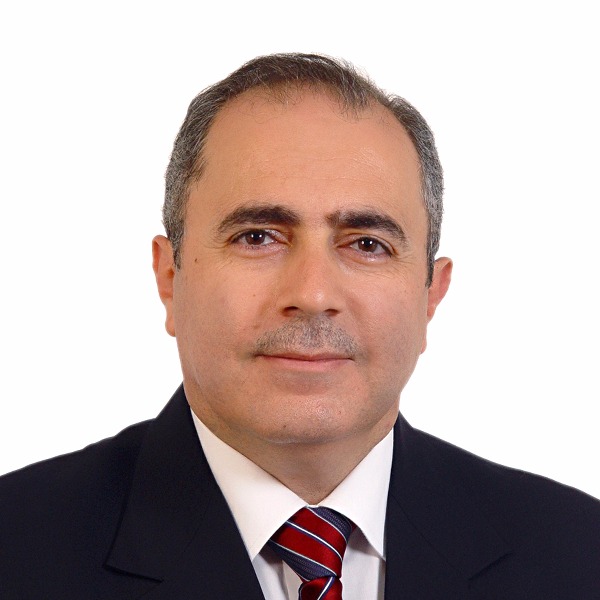
Bassam Saeed ,
M.D.(Damascus), F.R.C.P. (Edinburgh). DIS (Paris) DIU (Lyon)
Consultant Pediatric Nephrologist at Farah Association for Child with kidney disease in Syria
President and Founder of Farah Association for Child with Kidney Disease in Syria since 2013
Deputy chair of the Middle East Regional board of ISN 2023 - 2025
Past president of the Middle East Society for Organ Transplantation MESOT from 2018-2020.
Founder of Pediatric nephrology fellowship program in Syria in Nov. 2003
Founder of Pediatric Nephrology Department & Pediatric Dialysis Unit & pediatric Kidney transplant program at Surgical Kidney Hospital / Damascus since February 2002
I have served on MESOT since 2004, as Councilor and Region representative, treasurer, secretary and president.
Representative the Middle East Region on the ISN Continuing Medical Education Committee 2022- 2024
Representative of Syria on the ISN Middle East regional board since 2013 to date.
Member of the Declaration of Istanbul Custodian Group (DICG)
Member of the Honorary Committee of the Advanced International Training Course in Transplant Procurement Management. TPM-DTI Foundation. Barcelona – Spain
Founding member of the World Academy of Medical, Biomedical, and Ethical Sciences
Country Liaison representing Syria in The Transplantation Society (TTS).
Regional Representative of the Middle East/Africa region in the KDIGO
Associate Editor of Experimental and Clinical Transplantation (ECT) Journal.
Founder of the MESOT Fellowship Program
Editorial Board member and reviewer in many journals
I have received numerous AWARDS from several institutions and Societies. including one from the Transplantation Society TTS as emerging economy countries award in Buenos Aires Argentina during TTS Congress 2022 for my research entitled "Rabies acquired through kidney Transplantation in a Child.
Publications: 56 published papers in peer reviewed journals most of them are accessible through the following link to profile on research gate: https://www.researchgate.net/profile/Bassam_Saeed3
How did the war affect organ transplantation in Syria?
Bassam Saeed1.
1Pediatric Nephrology, Farah Association for Child with kidney disease in Syria, Damascus, Syrian Arab Republic
Since 2011, the Syrian conflict has destroyed much of the country's infrastructure. The deteriorating humanitarian situation has involved health workers and facilities. In 2010, before the war, 385 kidney transplants were performed in Syria. This number declined to 154 in 2013 (60% less) before increasing to 251 transplants in 2018, which is still 35% less than the number of transplants performed before the war. In addition, the number of operational kidney transplant centers has decreased from 8 in 2010, distributed over 3 cities, to only 4 in 2013, all located in Damascus, which increased to 6 centers in 2019. Interestingly, with regard to type of living donor, the percentage of unrelated kidney donors has decreased by 20% for unclear reasons. Another alarming statistic is that more than 50% of kidney transplant physicians and surgeons are no longer practicing transplant medicine in their centers, either because they have left the country or because their centers had become nonoperational. Since the war, free and timely provision of immunosuppressive drugs for all patients in all provinces has been a leading challenge for health authorities and transplant patients. This difficulty has led to adverse medical consequences for patients. A project to initiate liver transplant came to a halt because of complex reasons but mainly because foreign trainers could not visit Syria. Although the autologous bone marrow transplant program had slowed until recently, it has become more active, involving both autologous and allogeneic transplants. The deceased-donor program is still not available in Syria; the war has just reinforced the many reasons that prevented the start of this program before the conflict. The commitment of transplant teams despite these large challenges continues to be extraordinary. The Syrian conflict has affected all aspects of organ transplant, paralyzing new projects and negatively affecting existing programs.
